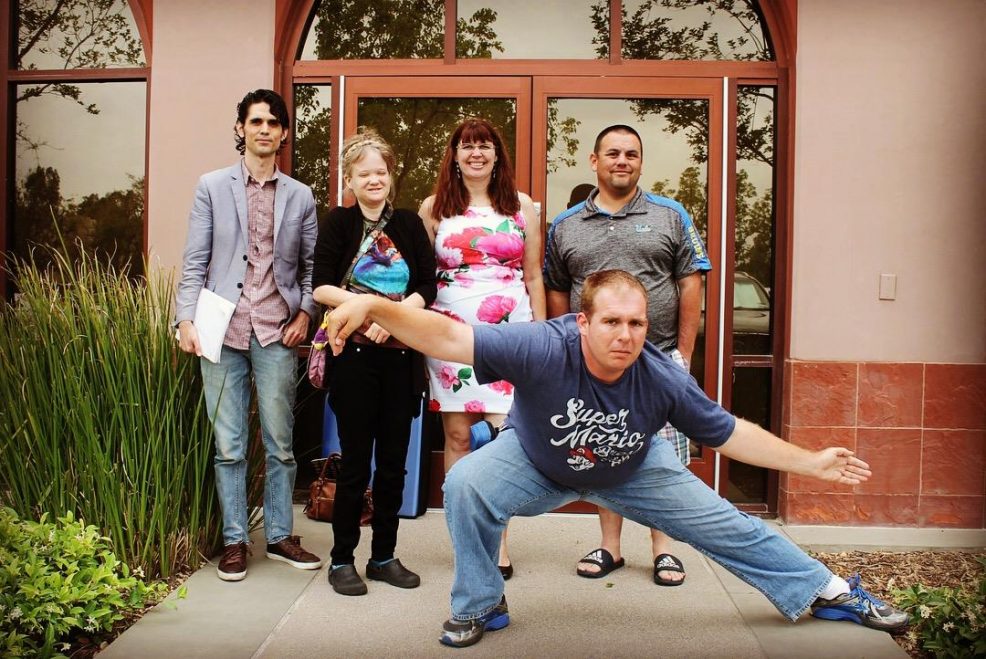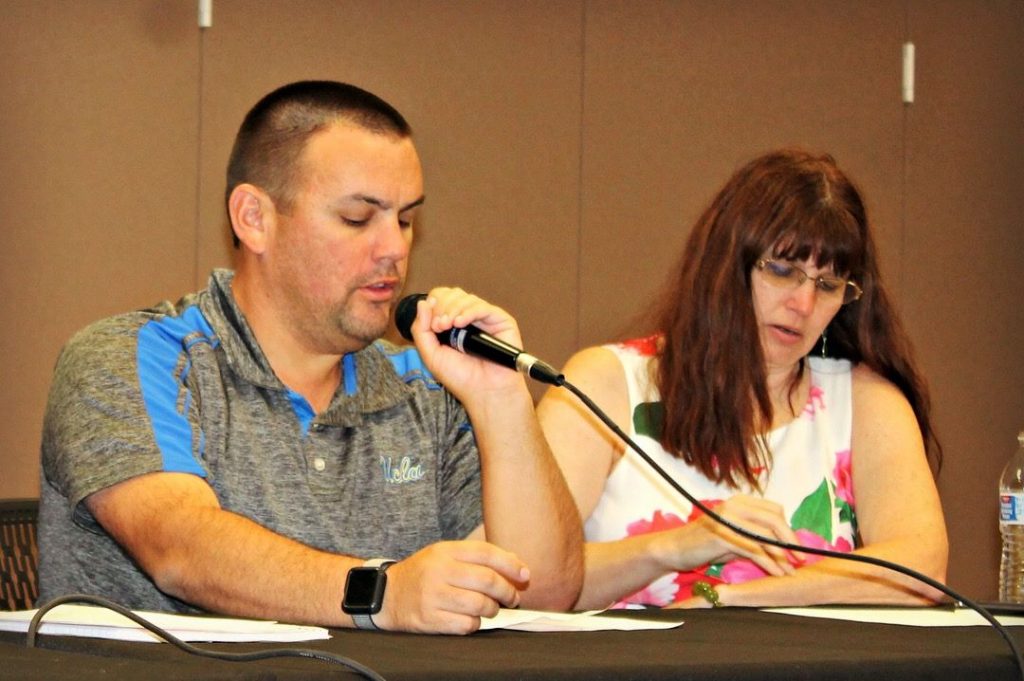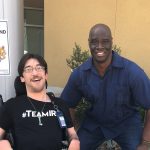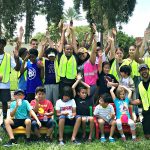Earlier this summer, IRC staff had the chance to attend a training called Growing Up with Autism. The training featured a panel of speakers with autism who shared their experiences on a variety of topics including school, family dynamics, friendships, and employment. The speakers provided IRC staffers with valuable insight and perspective. I sat down with Beth Burt, the panel moderator, and Executive Director of the Autism Society of the Inland Empire. I was eager to learn more about the panel, and how the training got its start.
Amelia Maldonado (AM): Can you explain the Growing up with Autism panel and format for those who aren’t familiar?
Beth Burt (BB): Sure! Growing Up with Autism is a panel of 3-5 adults on the spectrum. At the Autism Society Inland Empire, we believe “autism experts” are the people who have autism. Who better to explain what it feels like to have autism and what certain behaviors may mean?
AM: How did the Growing up with Autism panel get its start?
BB: One of our board members, Kelly Londenberg, who is an adult on the spectrum herself, started this 10 years ago. She frequently is the person who organizes the panels and moderates them. Because autism is a spectrum, we choose people who represent different parts of the spectrum. Each has their own unique experience and perspective.
AM: Tell us about the speakers and how they become involved?
BB: The speakers are adults on the spectrum who have expressed an interest to us that they would be willing to share their story and experiences publicly. We usually look for individuals who have an awareness of how the sensory or autism can impact their lives. They need to be able to talk about what it felt like growing up with autism – what things were hard, or easy, for them. We usually try them out in smaller speaking engagements. There can be a big difference between speaking to 20 people versus 100. It may be harder for some individuals to answer questions from the audience.
AM: I really enjoyed the panel when you guys came here to IRC. And I actually got a little emotional. That’s how awesome the speakers were. Panels like these are so important.
BB: I’ve been listening to these panels for over 10 years and I still learn something that will take my breath away. As parents and professionals, there are so many times we do our very best to guess why a behavior is happening or what our loved one is feeling. These panels are an opportunity to hear from individuals on the spectrum who can tell us what they are thinking and feeling.
AM: Tell me about the Autism Society of the Inland Empire (ASIE) and your partnership with IRC.
BB: ASIE has been working with the Regional Center for over 20 years. There are more than 14,000 individuals with autism living in the Inland Empire, and 60-70% of them are Regional Center clients. We often find ourselves with common goals when it comes to education and public policy issues. As a grassroots organization, ASIE must raise all the funding to be able to run all the programs, events, and advocate for policy change every year. Being able to have community partners with similar goals give us the opportunity to provide educational events to our community at a lower cost so all families can participate. On the public policy front, both ASIE and IRC are working to improve opportunities for employment, increased participation for Spanish speaking families, and improve the quality of life for our families.
AM: You are so passionate about ASIE! How did you get involved and what motivates you to stay so active?
BB: First, I have to say ASIE is blessed to have a great team of part-time staff, board members and volunteers who put their heart and soul into improving lives in the Inland Empire. I have a son with autism. I have friends with children and adults with autism. We are a community within a community – and we want everyone to succeed – whatever that may look like for them. There is so much need. Families need information about their options and their rights. Children and adults with autism need friends and skills on how to be successful in the real world. And we need new innovative options that meet the needs of our families and adults. Finding ways to solve those problems motivates me every morning.
AM: Thank you, Beth, so much for your time. And for all the powerful work you are doing in our Community!
BB: You’re welcome. Thank you for having me.
—
ASIE will be hosting Growing Up with Autism in Victorville on September 15. Visit ieautism.org for registration and event details.
Share this Post






